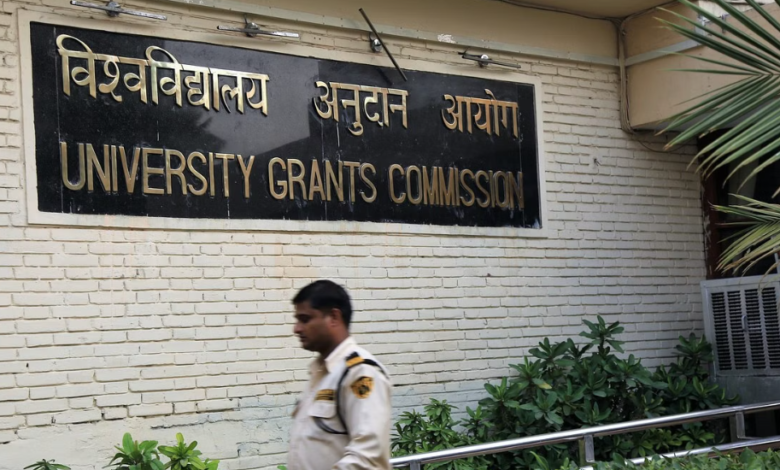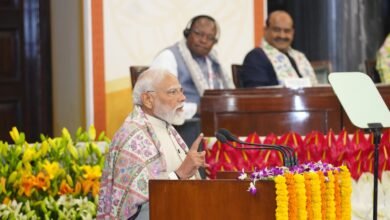The New UGC Regulations Will Force Students To Pursue Phds Without Any Prior Research Experience

Academics are suspicious of the University Grants Commission’s (UGC) newest policy, which states that students can now pursue a Ph.D. degree immediately after completing a four-year undergraduate program. According to academics, these students won’t have any research experience and will struggle in their initial years of study.
Significant changes to the Ph.D. program, including those to the requirements for admission and the evaluation process, were announced by the UGC earlier this week.
Academicians also argued that not all universities had adopted the four-year undergraduate program as intended by the National Education Policy (NEP), which was developed at the time. Current students must continue their pursuit of a Master’s degree in order to be qualified for the same, as this undergraduate degree is a requirement for direct admittance into the Ph.D. program.
According to Rohit, an assistant professor at Jawaharlal Nehru University (JNU), every program in the Indian higher education system has a purpose. A bachelor’s degree provides a general introduction to a subject, a master’s degree offers specialization, an M.Phil. degree provides interim training in research, and ultimately a Ph.D. aids in the student’s development as a subject matter expert. The most recent regulations upset this system.
Removal of M.Phil, master’s programs
Associate Professor Debraj Mookerjee of the Ramjas College of Delhi University praised the decision to remove the requirement that students submit research papers for publication in journals. Students will be forced to spend the first few years of their doctoral studies learning research techniques as a result of the decision to eliminate the M.Phil. and master’s programs.
There aren’t enough undergraduate institutions offering a four-year curriculum, according to Srikanth Kondapalli, the dean of the School of International Studies and a professor of China studies at the JNU, who believes that the move appears to be an attempt by the UGC to implement the NEP.
It’s essential to learn proper methodology
The UGC, according to Prof. Pankaj Kumar of Allahabad University, has turned higher education institutions into a laboratory for rigorous experimentation. All Ph.D. candidates must view research as an endeavor that they can only complete if they have an academic mindset and the drive to perform independent research.
In order for interested students to understand the proper methodology and design to work toward their doctorate degree, he continued, pre-doctoral courses that are on par with worldwide standards are urgently needed.
New Rules
According to the University Grants Commission (Minimum Standards and Procedures for Award of Ph.D. Degree) Regulations, 2022, a candidate must receive at least 75% of the possible points in their overall grade, or an equivalent grade on a point scale, in all areas where grading is used.
If not, the student must enroll in a one-year master’s program and have a grade of at least 55%.
The most recent UGC regulations include a number of provisions that aim to raise the standard of student research and mentor/guide support. Candidates who identify as women or who have a disability will have more time to complete their research.
Scholars will now be required to present their results and progress to the Research Advisory Committee once per semester instead of the prior requirement of once every six months.
The new regulations prohibit faculty members from accepting new students if they have less than three years of employment remaining before superannuation. Although the decision encourages more students to enroll in Ph.D. programs, the previously suggested common entrance exam for PhDs was not included.
In addition to their domestic students, the new laws let each supervisor mentor up to two foreign research scholars.
News Mania Desk






